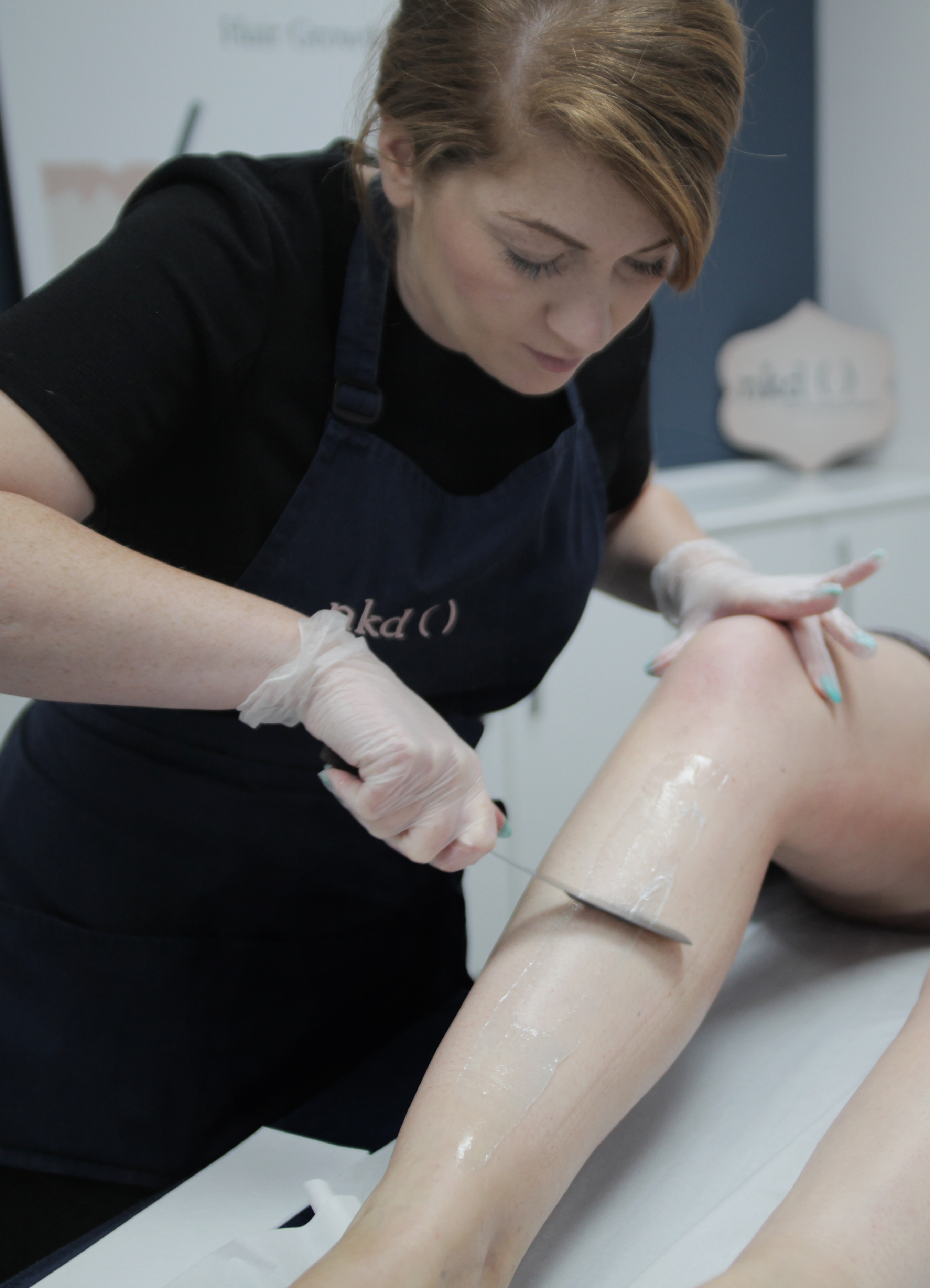Guest blog: the benefits of being a specialist salon
 Rebecca Dowdeswell, owner of nkd ( ) in Nottingham, which won Professional Beauty’s Beauty Salon of the Year: Midlands 2016 Regional Award, explains the benefits of being a specialist salon
Rebecca Dowdeswell, owner of nkd ( ) in Nottingham, which won Professional Beauty’s Beauty Salon of the Year: Midlands 2016 Regional Award, explains the benefits of being a specialist salon
The beauty industry has been fragmenting and specialising for some time now, as highlighted by the explosion of tanning salons and nail bars on UK high streets over the past 15 years, and I’m a firm believer that this trend will continue.
Customers are increasingly looking for true experts, whether it be in waxing, tanning, nails, facials, massage or any other area of the beauty industry, as opposed to someone who is a jack of all trades, master of none.
At nkd ( ), we specialise in waxing and this has helped my salon become a success. For example, 85% of revenue comes from waxing treatments and 70% of all appointments incorporate an intimate wax. We’re also the UK flagship salon for Perron Rigot waxes and we run a Perron Rigot approved industry training school to teach other salon owners and therapists the art of advanced waxing.
It’s also had an impact on our client numbers, and for the better. In our quieter months, which are September to November and January to April, we treat between 900 and 1,000 customers per month, while in December and during the summer this number rises to more than 1,300. So, there’s definitely no shortage of business
Why specialise?
Choosing to specialise in waxing as opposed to being a generalist beauty salon offering the traditional full range of treatments is a tactic that has served my business well and I would urge other salons and mobile therapists to consider it as a strategy for growth.
Far from restricting your potential, specialising can unleash it. Imagine if you or your staff, only carried out one treatment type all day every day. How experienced would you become at that type of treatment? How well-known locally would you be? And how much simpler would your marketing be?
You’d get so proficient at the treatment that you could train others how to do it to your high standard, which would add another string to your bow – teacher. But apart from those benefits, running a specialised salon is far simpler, easier and cheaper than running a salon which offers a wider range of treatment types, especially in terms of equipment, purchasing and stock management.
How to make it work for you
If you’re thinking about specialising in one particular area of beauty, here’s what you need to consider:
- Competitor intelligence – which areas of beauty, if any, do your local competitors specialise in? Find the gap in your local marketplace and fill it. It may not be wise to try and compete with an existing specialist salon if they’ve already built up a good reputation and loyal customer base, unless you’re sure you can do a better job than they’re doing and are confident that demand for the service exceeds current supply – meaning there would be room for both of you to specialise.
- Do the maths – does your preferred area of specialisation offer attractive profit margins? Don’t forget that when you offer a full range of treatments you’ll be able to absorb less profitable rituals within the more profitable ones. When specialising, try and pick a treatment area with low product and equipment costs and relatively quick treatment times.
- Choose your suppliers well – If you’re only offering one type of treatment then you need to work with the best suppliers in the business in order to have access to the best products. We wouldn’t have made it as a specialist waxing salon if we used cheap wax from our local wholesaler.


